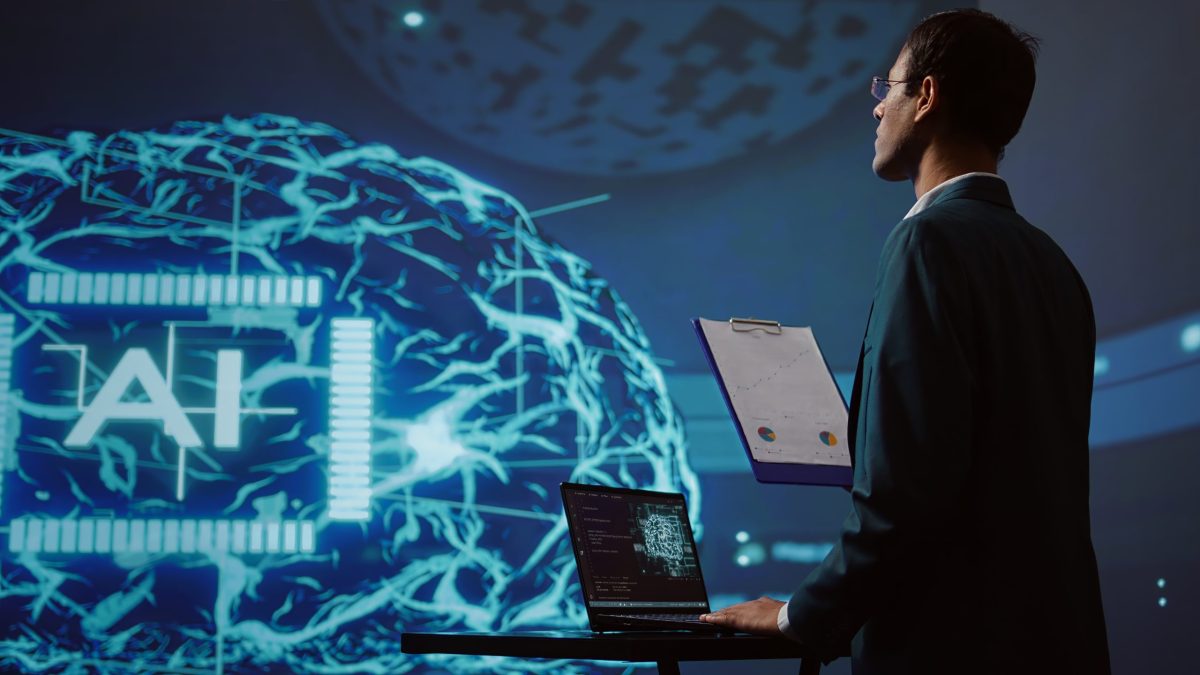Build Me App Inc. | Toronto's Most Affordable App Development Shop
- 180 John St. Toronto, ON M5T 1B3, Canada
- +1 (800) 330-6070
- hello@buildmeapp.io
Follow us
AI Tools: Replacing Developers Or Enhancing Their Work?
- Posted In: Artificial Intelligence
- Published On: October 18, 2024
